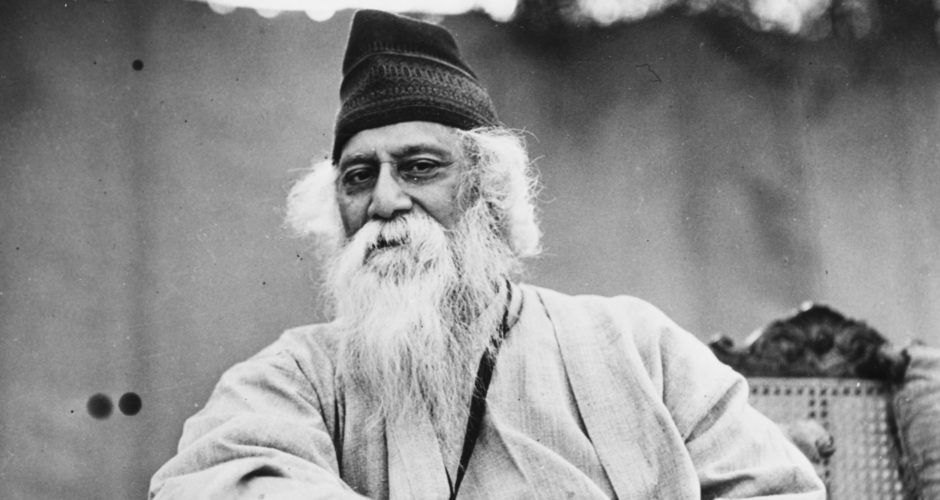You can’t choose your neighbours. But India is a unique country, which created its own neighbour. In December 1971, the Indian Army marched into East Pakistan. The Pakistan Army was massacring, raping and looting, mainly Bengali Hindus, who at that time numbered around a crore. The result of the war was the formation of Bangladesh. The irony is that Hindus there are no safer today than they were in 1971.

Late last week, a priest at the Ramkrishna Mission in Dhaka received death threats. Ripon Chakravarti, a mathematics teacher, was almost murdered in Madaripur. Earlier, Nityaranjan Pande, a Hindu ashram worker, was decapitated. The death threat warned the priest and mission, “You are Hindus, Bangladesh is an Islamic country. You cannot preach Hindu religion in the country. Go to India. Otherwise, you will be hacked to death.”
The grim paradox is that Sri Ramkrishna Paramahamsa, one of the greatest Indian saints and Swami Vivekananda’s guru, was a Bengali. So was his wife, Sarada Devi, revered as the Mother, who said, “I am the mother of the wicked, as I am the mother of the virtuous. Never fear. Whenever you are in distress, just say to yourself, ‘I have a mother.’” It is perhaps facetious to expect gratitude from Bangladeshis and its citizens towards India for giving birth to the country. But Vande Mataram—a salutation to Mother India, sung by Rabindranath Tagore at the 1896 session of the Indian National Congress—appeared in Bankim Chandra Chattopadhyay’s Anandamath. It was the theme song of India’s Independence. It would be even more gratituous to deny the relevance of Tagore to Bengalis, since, as the joke goes, time is divided into pre-Tagore and post-Tagore era.
By synthesing Hindu mysticism and spirituality with Western sensibilities, Tagore was able to illuminate India’s cultural dimensions to the West. It also won him the Nobel, which he returned after the Jallianwala Bagh massacre. His sensibility was decidedly Upanishadic; he wrote in The Religion of Man, “Religion only finds itself when it touches the Brahman in man, otherwise it has no reason to exist.” The raving Wahabbi mullahs of Bangladesh and their sympathisers whose questionable Brahman is the recently dead, self-styled Caliph in Sy-raq seem to have forgotten that Amar Sonar Bangla, the national anthem of their country, was written by Tagore. At the core of the pluralistic Bengal Renaissance, which began with Raja Ram Mohun Roy and ended with Tagore between 1772 and 1941, was Hindu social philosophy and spirituality. Roy worked against sati, dowry and the caste system successfully for the times. Many Renaissance figures were part of the Brahmo Samaj—which, according to academic David Kopf, was responsible for “the making of modern India”. The great Independence-era Bengali poet, Kazi Nazrul Islam, who is deeply respected in Bangladesh, explored Hindu mythical themes in his vast body of work.
Attempting to reject Bangladesh’s Hindu heritage and its philosophical relevance is not going to do the Islamists any favour. The great spiritual master, Aurobindo, worked hard to disentangle the minorities from fanaticism. The Idea of Bengal, once the soul of India’s modern aesthetics, social reform and the arts, will not renounce its spiritual parentage. Should that happen, Bangladesh will lose both its identity and conscience.
Ravi Shankar India Express






























